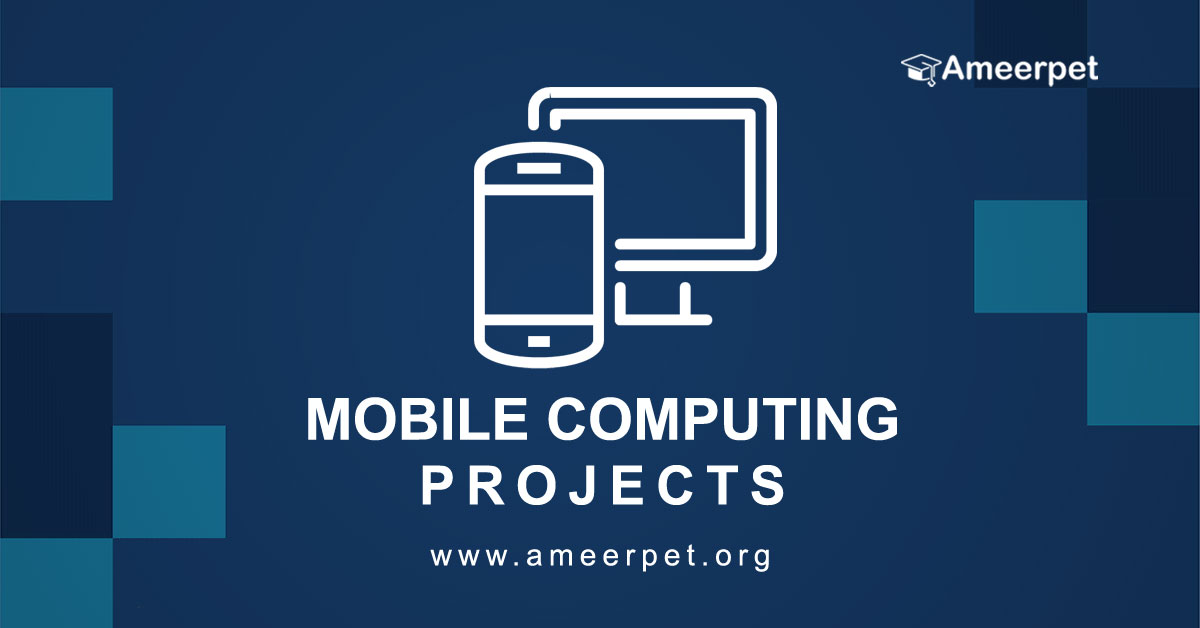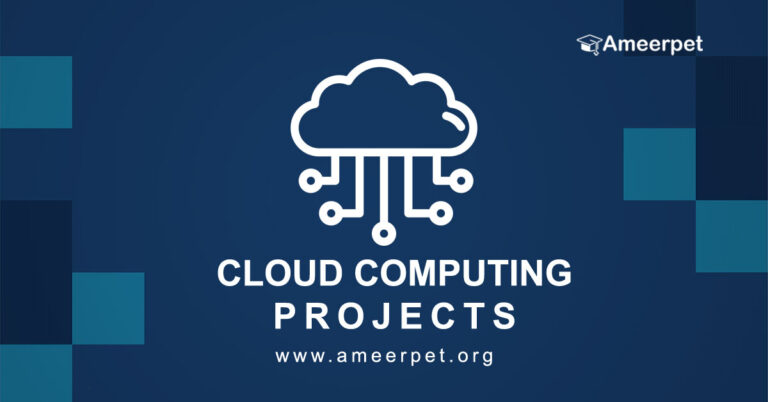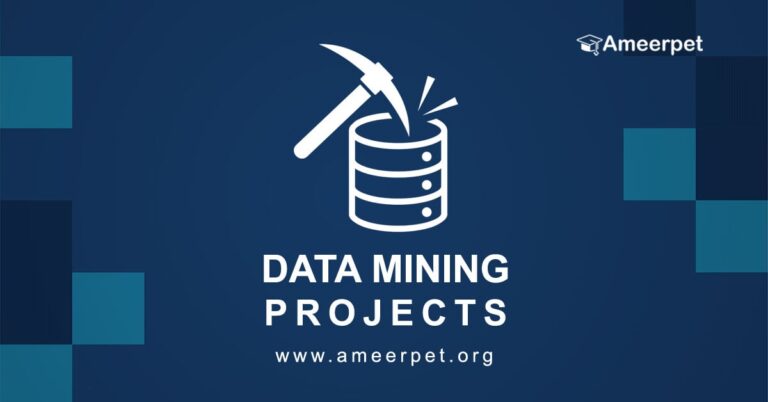
Abstract:
Mobile edge computing (MEC) could bring cloud services to mobile users at the network edge. Edge clouds reduce latency, operational cost, and network resource availability. NFV, like MEC, implements network service functions as software in cloudlets (servers or clusters of servers).
Virtualized network service for mobile users improves user experience, simplifies deployment, and simplifies network resource management. Mobile users move randomly in networks and request different services with different resource and delay requirements.
Thus, providing reliable and seamless virtualized network services for mobile users in a MEC network while meeting their individual delay requirements is difficult, subject to network resource capacities. We provide virtualized network function services for mobile users in MEC that account for user mobility and service delay in this paper.
We first formulate two novel optimization problems of user service request admissions to maximize accumulative network utility and throughput for a given time horizon.
A constant approximation algorithm for utility maximization follows. We develop an online accumulative throughput maximization algorithm. Finally, experimental simulations evaluate the proposed algorithms. Experimental results suggest promising algorithms.
Note: Please discuss with our team before submitting this abstract to the college. This Abstract or Synopsis varies based on student project requirements.
Did you like this final year project?
To download this project Code with thesis report and project training... Click Here


